This book explores the ways in which postapartheid literature reinvents South African mourning traditions. During the apartheid era, politics exerted a particular pressure on both funerary practices and on literature, both of which were instrumentalised as weapons in the struggle: just as funerals were turned into mass political protests, literature was pressed into service as protest literature. In the postapartheid era, the Truth and Reconciliation Commission (1996-99) continued to press mourning into political service, particularly through the Human Rights Violations hearings in which private losses were mourned in public and immediately subsumed within a national narrative of forgiveness and reconciliation. Despite calls for the recovery of artistic freedom and literary autonomy, literature has also been subject to political pressure; writers have been expected to follow the TRC’s lead and produce a literature of national reconciliation. While a literature of reconciliation might appear to allow for more imaginative possibilities than protest literature, it is still driven by a particular politics of memory. Durrant explores the ways in which postapartheid literature has acceded to and/or resisted this politics of memory and asks what literary resistance might mean in a postapartheid context. Is it the task of literature to produce a counter-politics of memory, or is it rather to resist the demands of the political per se, to refuse to be instrumentalised in any cause?
-
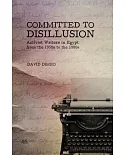
Committed to Disillusion: Activist Writers in Egypt from the 1960s - 1980s
$2,228 -
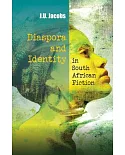
Diaspora and Identity in South African Fiction
$1,553 -

The Childhood of a Muslim Girl Growing Up in Pre-Independent Tunisia: A Translation from French into English of Les Jardins du N
$8,998 -
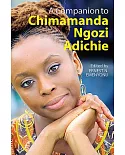
A Companion to Chimamanda Ngozi Adichie
$4,050 -
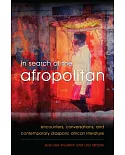
In Search of the Afropolitan: Encounters, Conversations, and Contemporary Diasporic African Literature
$1,798 -
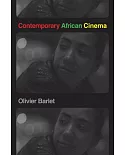
Contemporary African Cinema
$1,398 -
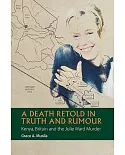
A Death Retold in Truth and Rumour: Kenya, Britain and the Julie Ward Murder
$3,600 -
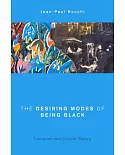
The Desiring Modes of Being Black: Literature and Critical Theory
$5,400 -
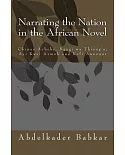
Narrating the Nation in the African Novel: Chinua Achebe, Ngugi Wa Thiong’o, Ayi Kwei Armah and Kofi Awoonor
$1,970 -

Commerce With the Universe: Africa, India, and the Afrasian Imagination
$1,350 -
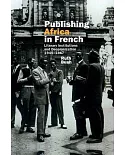
Publishing Africa in French: Literary Institutions and Decolonization 1945-1967
$5,400 -
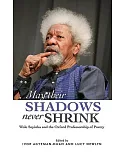
May Their Shadows Never Shrink: Wole Soyinka and the Oxford Professorship of Poetry
$523 -
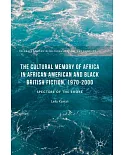
The Cultural Memory of Africa in African American and Black British Fiction 1970-2000: Specters of the Shore
$2,610 -
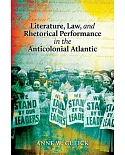
Literature, Law, and Rhetorical Performance in the Anticolonial Atlantic
$4,498 -
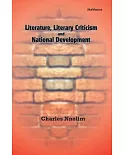
Literature, Literary Criticism and National Development
$1,080 -
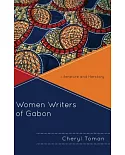
Women Writers of Gabon: Literature and Herstory
$3,600 -
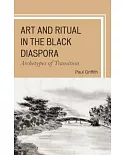
Art and Ritual in the Black Diaspora: Archetypes of Transition
$4,050 -
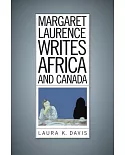
Margaret Laurence Writes Africa and Canada
$2,970 -
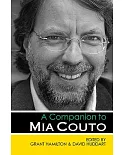
A Companion to Mia Couto
$4,050 -

Daughter of a Trap King
$630

